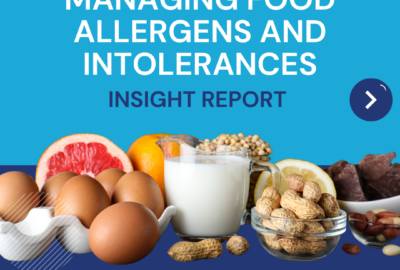New hospital food rules introduced
Hospitals in England will be expected to provide a higher standard of food under new measures announced by the health secretary.
>> The NHS will have mandatory food standards and hospitals will be ranked on food quality as part of a wide-ranging drive to raise standards of hospital food across the country.
The Hospital Food Standards Panel, led by Dianne Jeffrey, chairman of Age UK, recommends five legally-binding food standards for the NHS.
The mandatory requirements were selected from over 50 food quality standards and will now be included in the NHS Standard Contract – making them legally-binding for hospitals. They include:
• Hospitals should screen patients for malnutrition and patients should have
a food plan
• Hospitals must take steps to ensure patients get the help they need to eat
and drink, including initiatives such as protected meal times where appropriate
• Hospital canteens must promote healthy diets for staff and visitors – the food offered will need to comply with government recommendations
on salt, saturated fats and sugar
• Food must be sourced in a sustainable way so that it is healthy, good for individuals and for our food industry In addition to the panel’s compulsory standards, it has also recommended all hospitals develop a food and drink
policy that aims to encourage healthy eating, high-quality food production, sustainability and excellent nutritional care.
Secretary of State for Health, Jeremy Hunt, has announced hospitals will, for the
first time, be ranked on the NHS Choices website for the quality of their food.
He said: “We are making the NHS more transparent, giving patients the power to compare food on wards and incentivising hospitals to raise their game. Many hospitals are already offering excellent food to their patients and staff. But we want to know that all patients have nourishing and appetising food to help them get well faster and stay healthy, which is why we’re introducing tough new mandatory standards for the first time ever.”
The latest patient inspections data has
been published on NHS Choices and
shows how each hospital performs on:
• quality of food
• choice of food
• menu approved by a dietitian
• fresh fruit always available
• food available between meals
• choice at breakfast
• cost of food services per patient per day
Hospitals that do not follow the guidance recommended by the panel will be in
breach of their commissioning contract (usually held with a clinical commissioning group), and commissioners will be able to take contractual action against them.
The Care Quality Commission (CQC) will use a range of information, including the patient inspection data, to spot potential problems with food and
to determine which hospitals need closer inspection of their food practices.
Dianne Jeffrey said: “Being in hospital is often a very worrying experience and
it can be made worse when the food is unfamiliar or unappetising and you have
no control over what and when you eat and drink. Whilst hospitals are not five-star restaurants, it’s important that food and drink is tasty, nourishing and thoughtfully presented so that people can eat as well possible.
“Getting hospital food and drink right is critical and should also be considered an important part of someone’s medical care. Malnutrition and dehydration pose a real risk for patients if they go unnoticed and untreated. We know malnourished people will take longer to recover and suffer from more complications. No hospital can afford to neglect this essential part of their care.”
The new standards will require hospitals to provide:
• Fish twice a week
• Seasonal produce
• Tap water
• Cooked rice, potatoes and vegetables without salt
• Half of all desserts should be fruit
• Half of tea and coffee should be Fair Trade.


